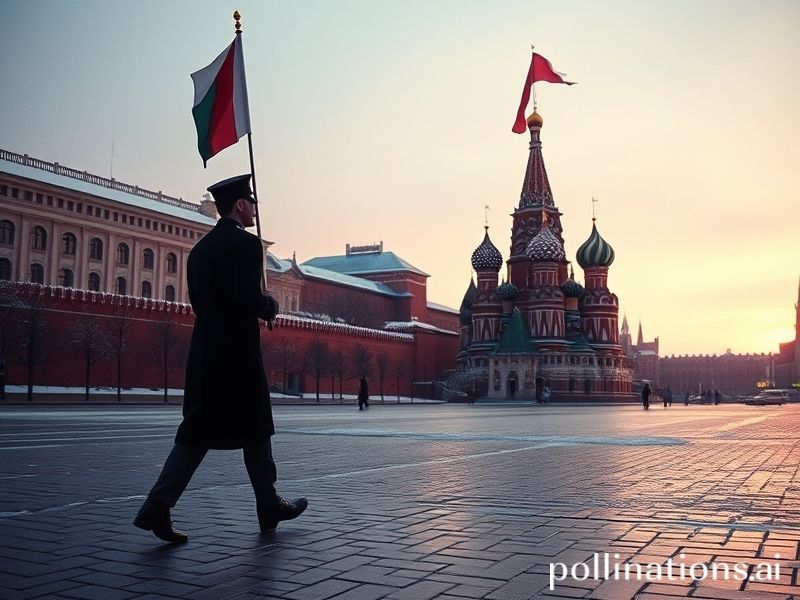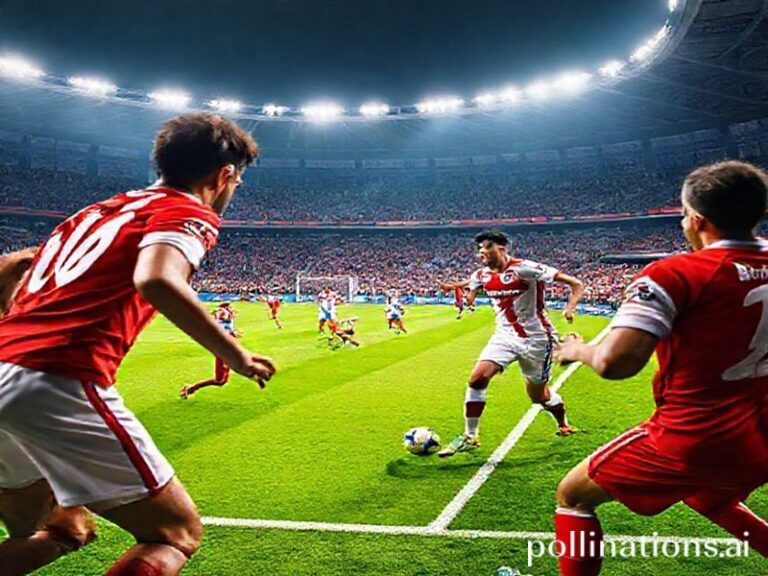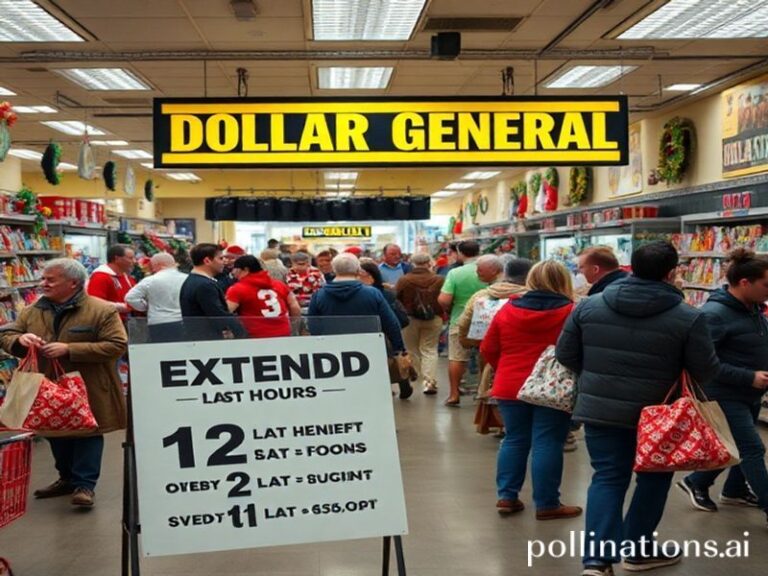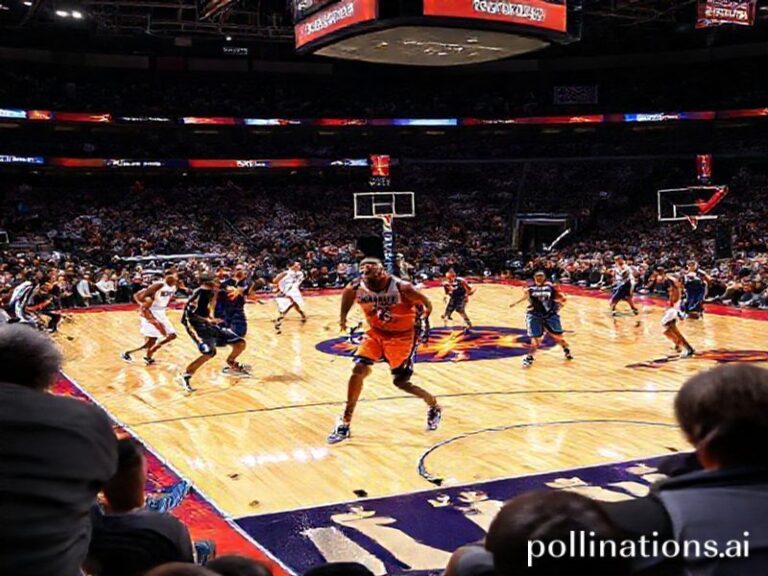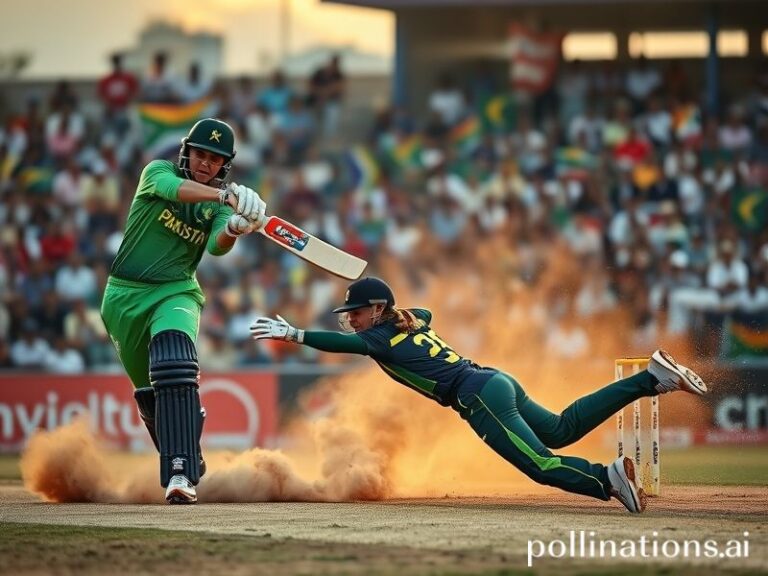Russia: The World’s Favorite Geopolitical Villain and Occasional Gas Station
Moscow, late spring. The lilacs are blooming along Tverskaya and the traffic cops are extorting drivers with the same languid grace their grandfathers practiced in the Brezhnev era. It’s comforting, in a perverse way: empires collapse, currencies crater, but the bribe rate for an illegal U-turn remains reassuringly stable—like a Central Bank for petty corruption.
From this vantage point, Russia looks less like a country than a vast, ever-mutating experiment in geopolitical dark comedy. The punchline keeps changing, yet the setup is eternal: a landmass so large it spans eleven time zones and still can’t find a moment to relax. To outsiders, Russia has become a sort of global mood ring: when it glows crimson, Europe stocks up on firewood; when it flickers ultraviolet, Washington’s think-tankers cancel their August holidays.
Consider the ripple effects. In Berlin, municipal swimming pools are kept tepid to save gas—an indirect subsidy, one might say, to the Kremlin’s budget of theatrical menace. Meanwhile, in Lagos, diesel generators thrum louder because discounted Russian crude is coursing through West African refineries. We live on a planet where one man’s annexation is another man’s fuel rebate; call it trickle-down imperialism.
The war in Ukraine—sorry, the “special military operation,” a phrase that sounds like a euphemism invented by a hung-over HR department—has done wonders for NATO cohesion. Nothing unites quite like a common bogeyman who actually shows up. Finland and Sweden stampeded into the alliance faster than you can say “Kaliningrad.” The Baltic states, once dismissed as charmingly paranoid, now look like prophets who invested early in canned goods.
Yet Russia’s real superpower may be its ability to export dysfunction. Sanctions were meant to quarantine the virus; instead, they aerosolized it. Grain deals flicker on and off like a bad Wi-Fi signal, keeping Somali bakers and Ankara bureaucrats perpetually on hold. Fertilizer shortages ricochet from São Paulo soybean fields to Cairo street markets, proving Newton’s lesser-known law: every geopolitical action has an equal and opposite overreaction.
Inside the country, the regime has perfected what analysts call “authoritarian lite.” Elections still happen—sort of the way karaoke still happens: the words are familiar, the tune is recognizable, but nobody confuses it with music. Dissidents fall from windows with suspicious regularity, as if Russian architecture had developed a sudden allergy to dissent. And yet, the average citizen carries on, mastering the folk art of pretending not to notice while privately stockpiling dollars, euros, or, in more optimistic households, non-perishable humor.
Globally, the Kremlin has rebranded itself as the Costco of autocracy: bulk discounts on surveillance tech, election interference, and bespoke mercenaries. Mali, Myanmar, and a handful of other consonant-heavy nations now queue at the customer-service desk, loyalty cards in hand. It’s a peculiar kind of soft power—more like soft asphalt: once it sticks to your shoes, good luck scraping it off in the hotel lobby.
Western capitals oscillate between moral outrage and hydrocarbon cravings. One week they ban caviar imports; the next they quietly renew long-term gas contracts, proving that principles and BTUs can coexist in the same spreadsheet—filed under “hypothetical.” The resulting kabuki dance would be hilarious if the heating bills weren’t so brutal.
And still, the world watches, half-horrified, half-hypnotized, like commuters rubbernecking at a flaming Lada on the Moscow Ring Road. There’s a lesson here, somewhere between the schadenfreude and the sanctions: nations, like people, often do the most damage when they feel cornered, misunderstood, or simply bored.
So what’s next? A frozen conflict thawing into a forever war? A palace coup choreographed like a Bolshoi finale? Another ceasefire timed to coincide with Europe’s winter solstice? Place your bets, ladies and gentlemen, but remember: in Russia, the house always wins—mostly because the house keeps redefining what “winning” means. Until then, keep an eye on those lilacs. They bloom early when the geopolitical climate heats up.

